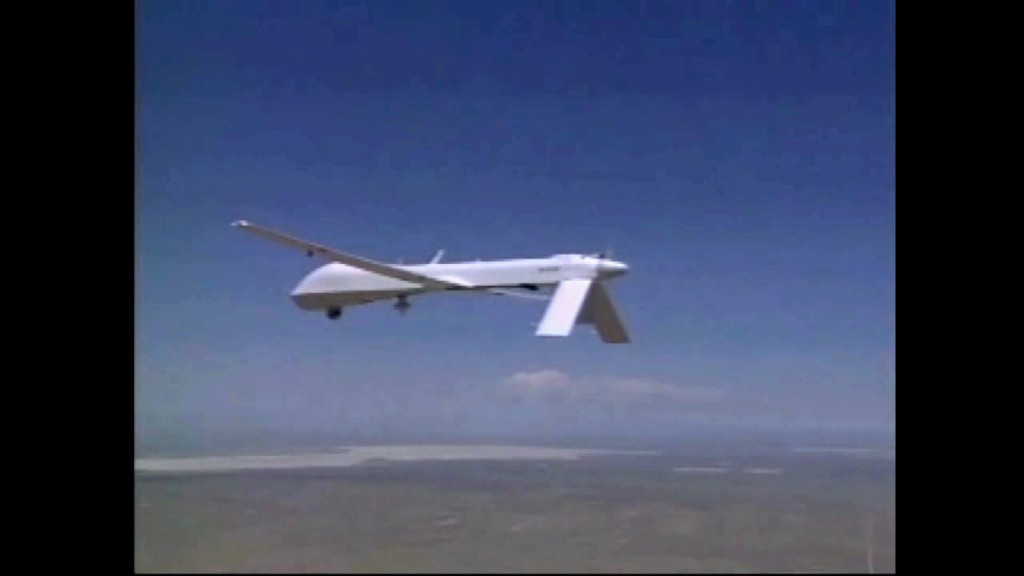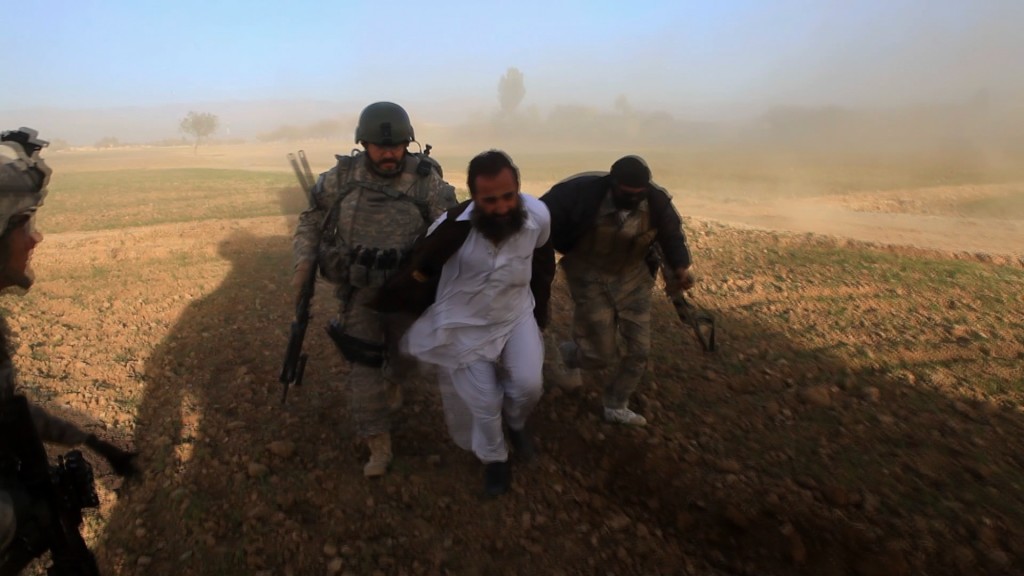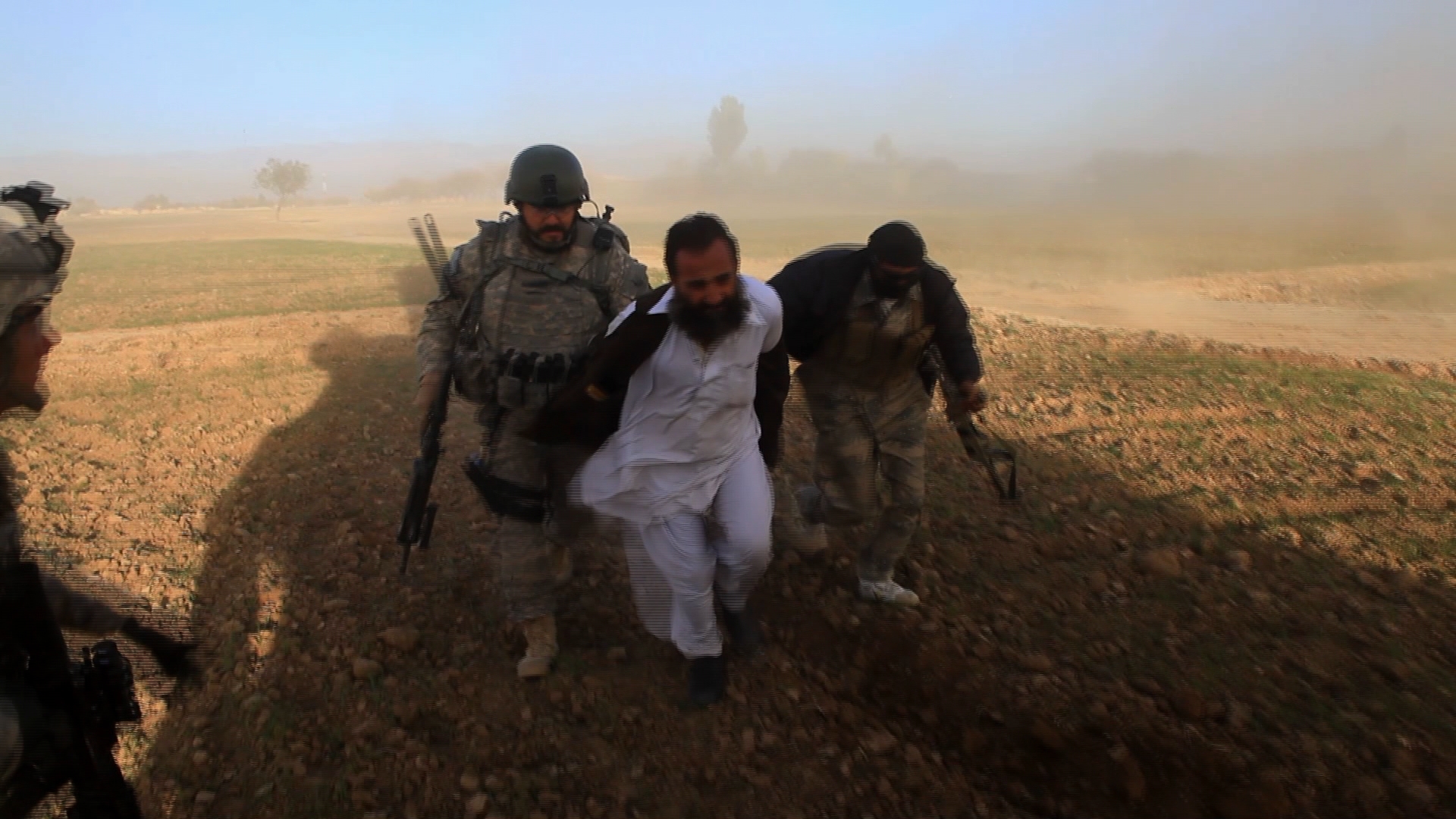As Drone Use Surges, Pilots Report High Stress Levels

December 19, 2011
Share
Nearly half of the military’s drone operators report high stress levels, according to a new Air Force survey, the first one to assess the psychological state of the people who operate one of the signature weapons of the campaign in Afghanistan and elsewhere.
Long, erratic hours and staff shortages due to the increased demand for drones in recent years are one major source of stress. A decade ago the the Pentagon had about 50 drones, according to The New York Times; today it has about 7,000. “There’s just not enough people,” Wayne Chappelle, an Air Force psychologist who helped carry out the study told USA Today.
The survey also revealed that shifting back and forth between different realities — driving to a base from which they run combat operations and then going home to face different kinds of stress — present “unique psychological challenges” for drone operators.
While one-on-one interviews revealed that the drone operators take great pride in being able to protect troops on the ground, the study’s authors found “limited stress related to a unique aspect of the operators’ jobs: watching hours of close-up video of people killed in drone strikes.”
But only 4 percent of drone operators are at high risk of developing post-traumatic stress disorder (PTSD), the study’s author told the Times, as compared to the 12-14 percent of troops who return from Afghanistan and Iraq with PTSD:
In those cases, the authors suggested, the operators had seen close-up video of what the military calls collateral damage, casualties of women, children or other civilians. “Collateral damage is unnerving or unsettling to these guys,” Colonel McDonald said.
There have been several investigations of Air Force drone strikes that have killed civilians, and in at least one case, some of their own. In April, an Air Force strike mistakenly killed two U.S. soldiers; a Pentagon investigation faulted poor communications, mistaken assumptions and “a lack of overall common situational awareness,” but found that no one involved was “culpably negligent or derelict in their duties.” And in this lengthy investigation, The Los Angeles Times traced how a series of errors in communicating and interpreting surveillance information led to a Predator attack on a convoy of Afghan civilians in February 2010.
In 2009, as part of our Digital Nation report, FRONTLINE went inside the hidden world of the Air Force pilots who operate Predator drones in Afghanistan from Creech Air Force Base in Indian Springs, Nev. The video below illustrates the sorts of questions pilots confront in using the advanced weaponry:
The six-month study of of nearly 1,500 service members in Nevada and California is the first to quantify stress levels in military drone operators, and did not include pilots who operate the CIA’s covert drone programs in Pakistan, Yemen Somalia and Iran.
Related Documentaries
Latest Documentaries
Related Stories
Related Stories
Explore
Policies
Teacher Center
Funding for FRONTLINE is provided through the support of PBS viewers and by the Corporation for Public Broadcasting, with major support from Ford Foundation. Additional funding is provided the Abrams Foundation, Park Foundation, John D. and Catherine T. MacArthur Foundation, Heising-Simons Foundation, and the FRONTLINE Trust, with major support from Jon and Jo Ann Hagler on behalf of the Jon L. Hagler Foundation, and additional support from Koo and Patricia Yuen. FRONTLINE is a registered trademark of WGBH Educational Foundation. Web Site Copyright ©1995-2025 WGBH Educational Foundation. PBS is a 501(c)(3) not-for-profit organization.





















